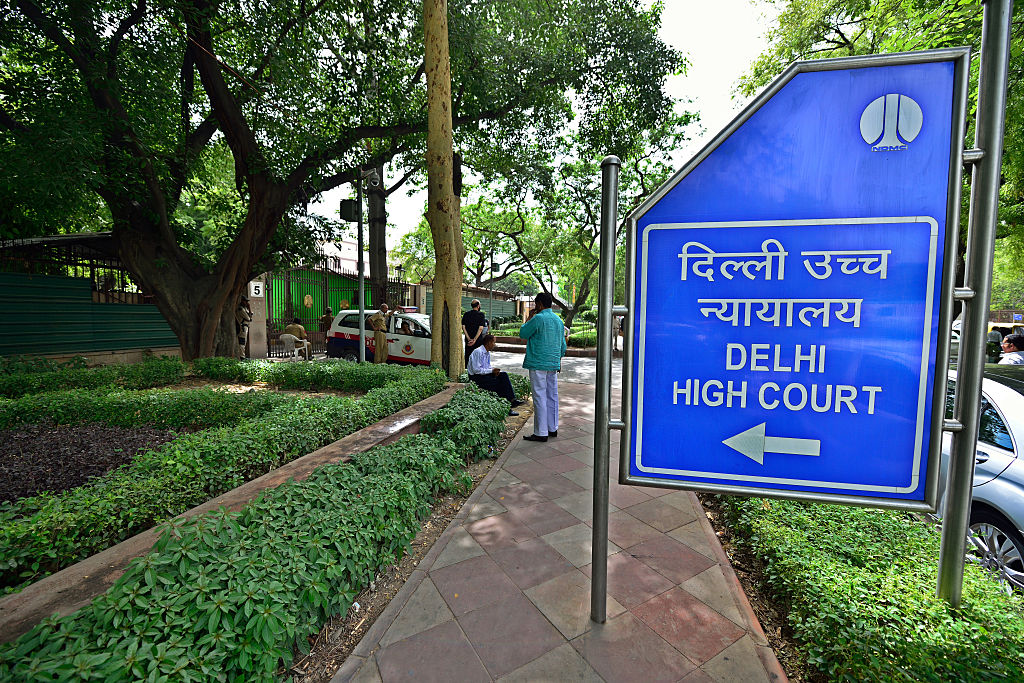The Delhi High Court has mandated the city government to provide compensation amounting to Rs 30 lakh to the widow of a sanitation worker who lost his life during manual scavenging.
Justice Subramonium Prasad granted the widow’s request for an increase in compensation, aligning it with a recent Supreme Court directive that elevated the compensation for dependents of individuals who died in manual scavenging from Rs 10 lakh to Rs 30 lakh.
Affirming the applicability of the Supreme Court’s decision to the current case, the judge stated, “The writ petition is disposed of with a direction to the state government to implement the said judgment in the present case also.”
The court issued an order stating, “The orders of the apex court shall apply mutatis mutandis to the facts of this case and shall be implemented within a period of two months from today.”
The petitioner informed the court that she had previously received Rs 10 lakh as compensation but requested an increase to Rs 30 lakh in light of the Supreme Court’s ruling. Additionally, she sought directives for full rehabilitation, encompassing employment for herself, education for her children, and skill training.
In October, the Supreme Court, recognizing the prolonged bondage and inhumane conditions endured by manual scavengers, called for the complete eradication of manual scavenging nationwide. The court directed the central and state governments to pay Rs 30 lakh as compensation to the next of kin of individuals who perish while cleaning sewers.
“The court hereby directs the Union and the States to ensure that the compensation for sewer deaths is increased (given that the previous amount fixed, i.e., Rs. 10 lakh) was made applicable from 1993. The current equivalent of that amount is Rs 30 lakh. This shall be the amount to be paid, by the concerned agency, i.e., the Union, the Union Territory or the State as the case may be. In other words, compensation for sewer deaths shall be Rs 30 lakh,” mandated the Supreme Court.
Furthermore, the Supreme Court emphasized the necessity for authorities to take measures for the rehabilitation of the victims and their families involved in manual scavenging.
(With PTI inputs)





